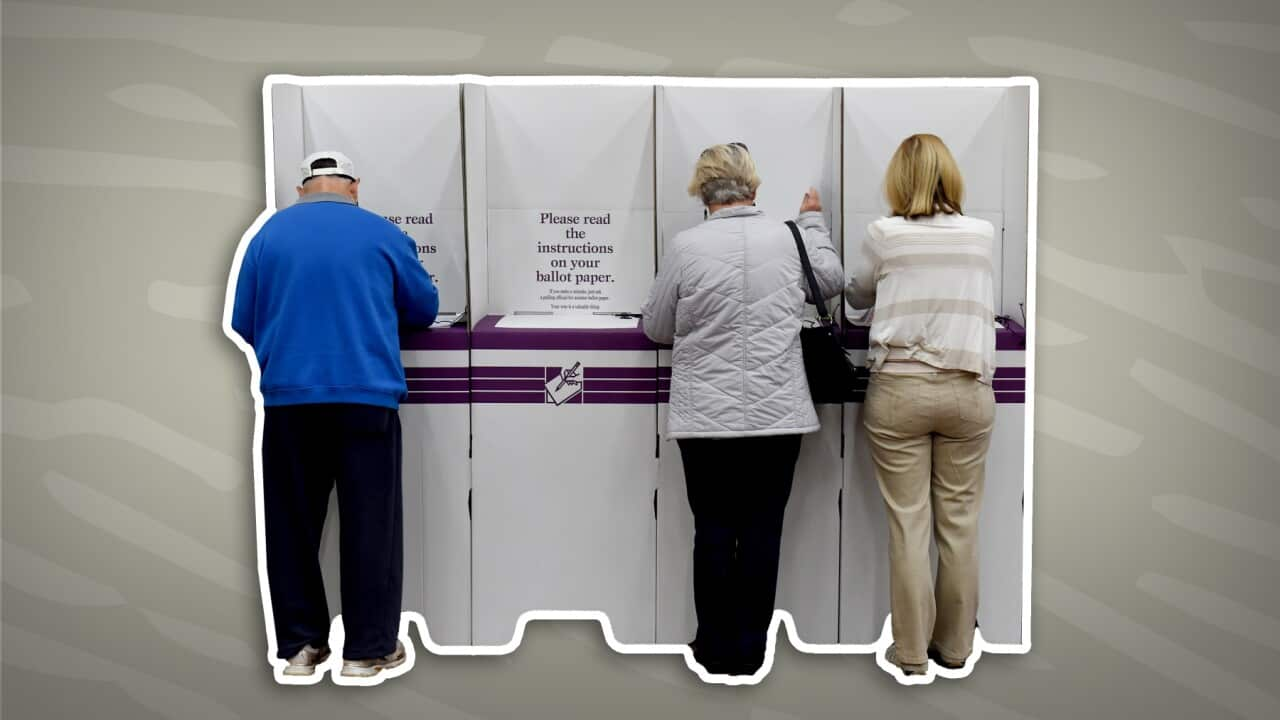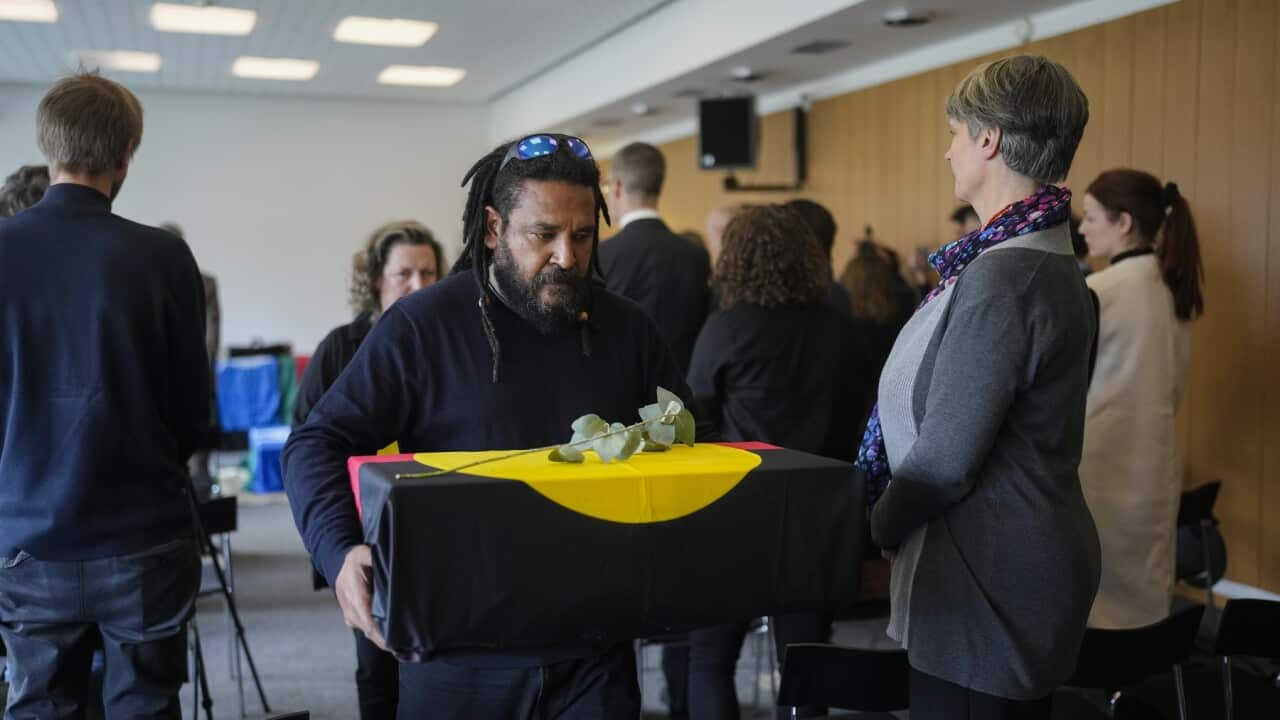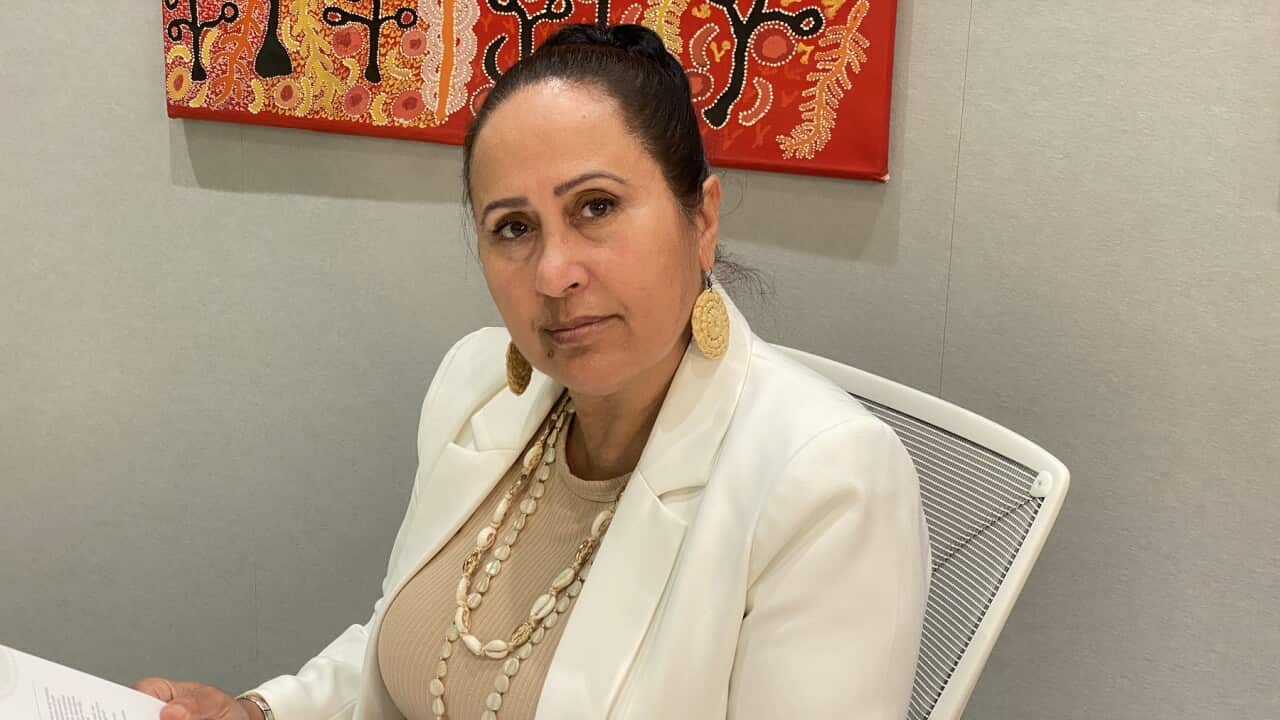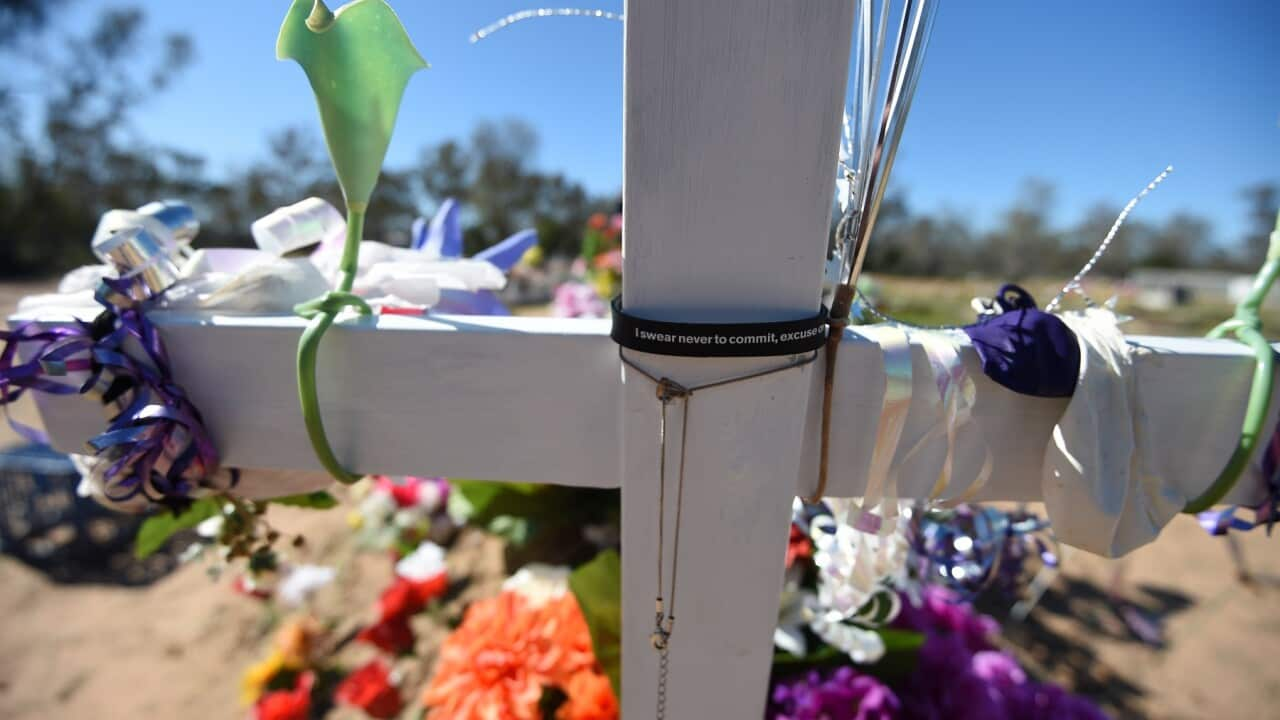TRANSCRIPT
Julian Leeser is a Liberal MP in Sydney's northern suburbs.
In April this year, he stood down from the Coalition frontbench to support the Yes campaign for a Voice to Parliament.
"A short time ago I resigned as Shadow Attorney General and Shadow Minister for Indigenous Australians... I resign without rancour or bitterness and I remain a loyal Liberal, fully committed to leader Peter Dutton."
Opposition leader Peter Dutton made it clear most of the party didn't feel the same way.
"His position is at odds with the overwhelming majority of the Liberal Party members in our party room."
And so it has continued, with Mr Dutton among those leading support for the No campaign, and Julian Leeser using the relative freedom of the backbench to keep advocating for Yes.
This week, Mr Leeser's given a speech to the Australian Catholic University - and in this video published on his social media Facebook page, the MP argues a Yes vote will help Australia improve life outcomes for First Nations people.
"This measure (the referendum) will create structural change to ensure we're no longer making policies and laws about Aboriginal and Torres Strait Islander people without consulting them. That should help us shift the dial and close the gap."
Other supporters of the Yes vote have also been making their final pitches to voters.
For Reuben Berg, from the First People's Assembly of Victoria, Saturday's referendum is a moment of consequence for Australia, which will give Indigenous people a greater say.
"We've already seen here in Victoria that you can have a democratic, representative, diverse group of First Peoples as a collective, giving advice to government, and that's through the First People's Assembly of Victoria. So we know it's a model that works, and we want to make sure that all Aboriginal people across the nation have the same opportunity to have their voice heard."
But Independent Senator Lidia Thorpe has told ABC Radio she doesn't see it that way.
She says a majority No vote would be a good thing.
"I see that as a victory for the black sovereign movement around this country who have resisted colonisation for over 200 years. We've resisted constitutional recognition when Howard first thought of the idea with his conservative mates. So this would be an absolute victory. It would be a beginning of a real healing journey and a truth telling journey that this country must take before anybody makes any decisions on us, without us."
Senator Thorpe says the government should still move to legislate a Voice to Parliament in the event of a referendum defeat, though that's something the prime minister has already ruled out.
Meanwhile, the Australian Electoral Commission has laid down the ground rules for voting on October 14, urging people to avoid wearing anything that could be controversial.
There is a long-standing rule banning campaigning inside polling places or within six metres of an entrance.
The AEC says the best approach for voters is to avoid wearing campaign T-shirts and badges into polling booths.
Commissioner Tom Rogers has also urged voters to be civil to each other.
More than four million Australians have already voted early, but for those voting on Saturday, one in four is yet to decide which way they will go.
Uluru Dialogue co-chair Megan Davis says there's still time to convince those voters.
"There's no doubt that we (the Yes campaign) are the underdog, but we have always been underestimated. And the No campaign continues to underestimate the Australian people too."
Stay informed on the 2023 Indigenous Voice to Parliament referendum from across the SBS Network, including First Nations perspectives through NITV. Visit the to access articles, videos and podcasts in over 60 languages, or stream the latest news and analysis, docos and entertainment for free, at the .













